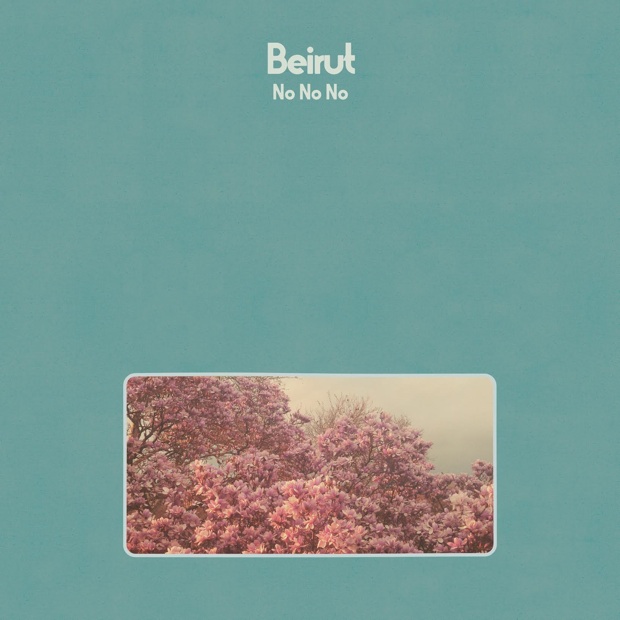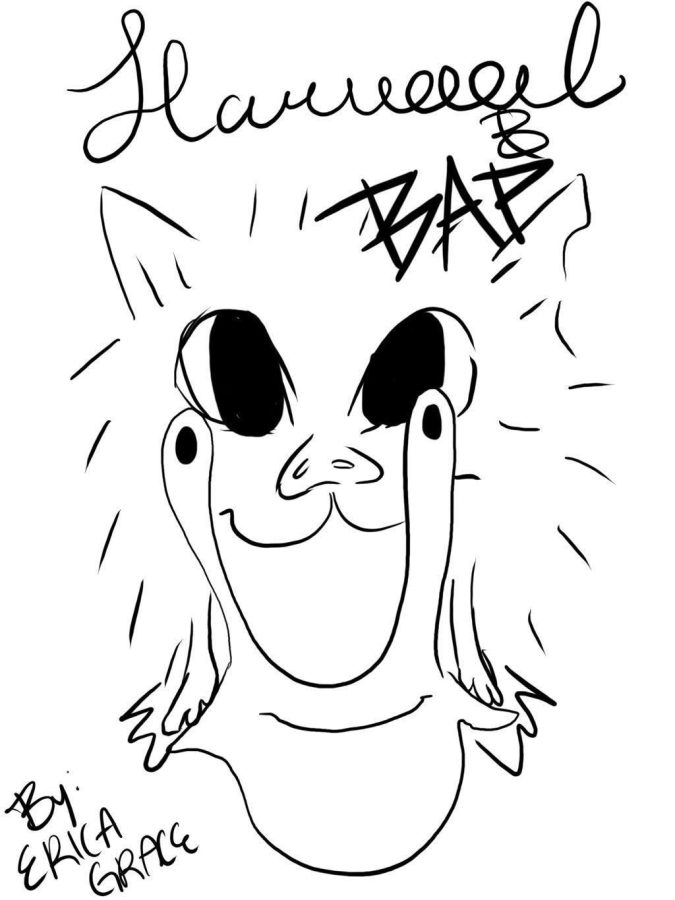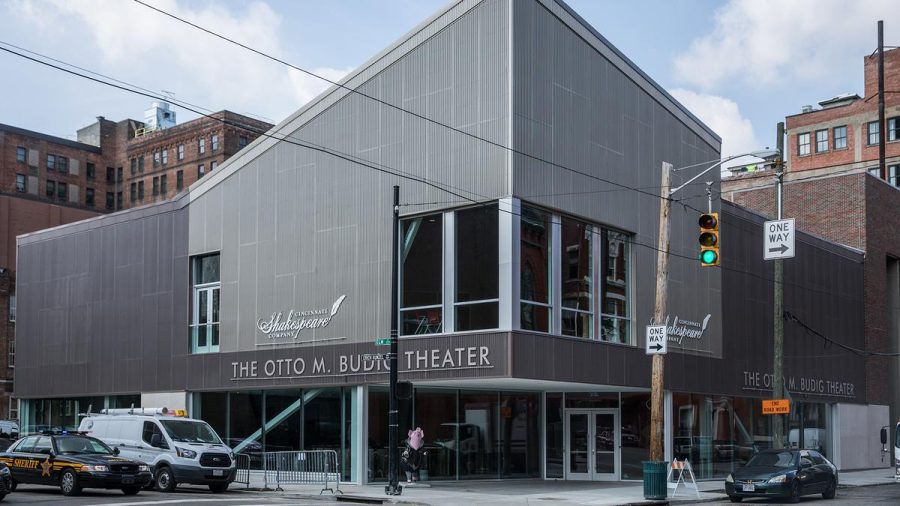By Siddharth Jejurikar ’16, Entertainment Editor
A legion of horns and strings singing out rich harmonies is a frequent sight in the works of Santa Fe based indie-folk band Beirut. But with their latest record, No No No, Beirut front-man Zach Condon aims to take a step back to a much simpler and lighter sound, abandoning the sheer breath of instrumentation that previous works had featured. This decision was not a sudden change but the continuation of a trend that has prevailed throughout Beirut’s expanding discography. Though their previous album, The Rip Tide, had the same aim, it was not nearly as cut down as No No No is. Unfortunately, Zach Condon slightly overstepped the sweet spot and cut out too much on this record. While I will acquiesce that the overall spirit and allure of Beirut remains alive in this tremendously short LP, it lacks the overwhelming ability to capture that the band’s earliest works such as The Gulag Orkestar were able to produce.
Instruments that the band utilizes include but are not limited to: trumpets, flugelhorns, ukuleles, drums, melodicas, cellos, sousaphones, glockenspiels, violins, accordions, and mandolins. The list could go on for quite a while, but what this diversity and multitude of instruments produces is richness and sonority that amplifies the emotional weight of Condon’s singing. In a typical Beirut song you will hear a vaguely European-sounding voice echo lyrics of languid nostalgia and forgotten love, while a chamber orchestra bellows the sounds of the old-world, summoning images of rural Italy. In many of the latter tracks on No No No, however, though the vocals remain the same, abandonment of the accordion and emphasis on high-fidelity piano work betrays the thematic direction of the songs, steering them towards emotional pointlessness. Though it has shortfalls, the album does succeed in bringing appealing melodies. Staying true to their baroque pop roots, several tracks on No No No maintain a strong pop/rock blend. Lush sounds and soft hum-able melodies are extremely pleasant and make for some really strong music.
Inventive and soulful, the first three tracks of the LP make up for a lot of the last four track’s missteps. They are extremely cohesive; the bass-line, percussion, piano, and vocals all play off of each other and complement each other’s tones. For example, the drumline on “At Once” drives forward Condon’s singing and augments the experience in an unbelievable way. The middle two tracks, “August Holland” and “As Needed”, are not at all bad, but come off as filler, with little to no re-listenability. As I said, the tail end of No No No is where much of its failures stem from. Sinful enough on its own, the emotional emptiness of these songs is only made worse by the fact that each one sounds far too similar, especially “Perth” and “Pacheco”.
No No No stands as a testament to Beirut’s change as a band since Gulag Orchestar. Reeling in their sound and leaving behind their miniature orchestra, Beirut produced an album that relied on piano, sparse percussion, and a few horns here and there. I feel that this change was, overall, a failure that caused the loss of the emotional core and sense of nostalgia that made Beirut so lovable. I will acquiesce, however, that the new sound does show some potential. The opening tracks demonstrate that the band can effectively reinvent themselves. Despite making major cuts to their orchestra, the songs showed the same poignant tenacity that Beirut is known for, simplifying and improving their impassioned sound. Though No No No is a fair first attempt at stylistic alteration, it does not stand as a strong album on its own, and would not be a good starting point for someone who wants to try Beirut. Instead, The Rip Tide is an excellent exposure point, demonstrating both the development of Beirut’s more pop-inspired, melody-focused, style and the overwhelming nostalgic quality that defined their early work.
Sidd’s Recommendations:
Curse Your Little Heart EP by DeVotchKa: This indie-folk band, best described as the kings of the niche gypsy-punk genre of music, shares a similar level of instrumental range as Beirut. Finding their origins as preforms in burlesque shows, DeVotchKa found success as a band after being chosen to compile the soundtrack for Academy Award-winning film Little Miss Sunshine in 2006. Since then the Denver band has been consistently releasing records that exhibit an oddly eastern-European feel to them, similar to the sound of Beirut.
Castaways and Cutouts by The Decemberists: Though not similar to Beirut on many levels, fans of Beirut will find a lot of appeal in some of The Decemberists’ works. This Portland band is known to be a bit out-there, claiming that their official drink is Orangina and that they met in Turkish Bathhouse, they still manage to produce extremely high-quality music that most people would love. The accordion in songs like “Odalisque” and horns in songs like “A Cautionary Song” are reminiscent of the eerie and rich ballads of early Beirut.






